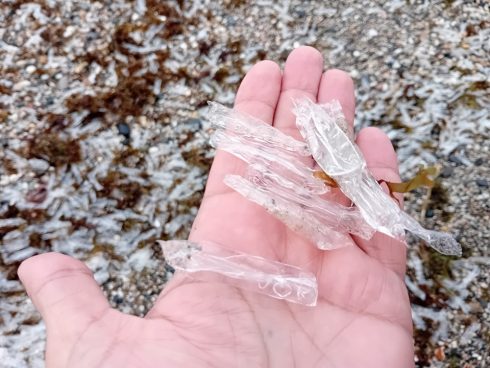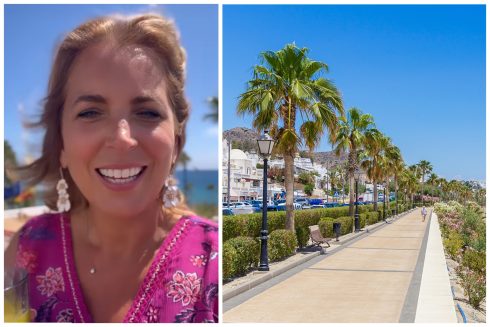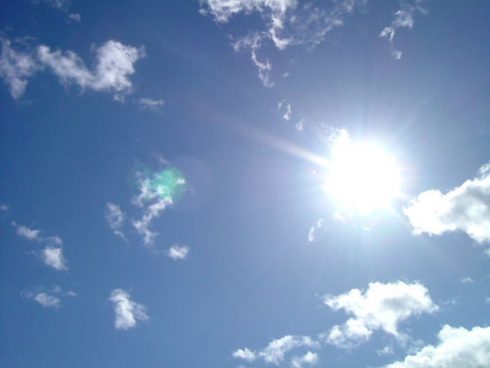A HARMLESS jellyfish-like creature called a salp has been washing up on Andalucian beaches in vast quantities, bringing the risk of a sticky, foul-smelling mess.
Swarms of the translucent animals have been observed along the Costa del Sol, from Almeria to Gibraltar.
The Manilva City Council reported on Tuesday on social media that large quantities of the creatures were washing up on the Malaga town’s beaches, to the annoyance of some locals.
Salps, also known as sea squirts, are not in fact jellyfish despite their appearance.
The small, translucent and gelatinous creatures are born with a hard, backbone-like structure called a notochord, making them more closely related to humans than jellyfish are.

They move through the ocean quickly and efficiently, increasing in size by as much as 10% per hour until reaching full maturity after just 48 hours.
READ MORE: KING OF THE JELLYFISH: Monster 40kg behemoth photographed off Alicante coast
The creatures will eat virtually anything that passes through their feeding nets, though they prefer phytoplankton.
Their quick lifestyle and opportunistic feeding system allows them to achieve vast numbers, which typically occurs when there’s a large algae bloom.
Massive salp swarms have been observed throughout the world’s oceans, in both cold and tropical waters, although the greatest concentrations are found in the Antarctic Ocean.
In the Mediterranean, salp swarms frequently float into the coastal waters off Andalucia, and have been seen as far east as Egypt.
Salps are non-toxic to humans, and play an important role in ocean ecosystems, as they spend their lives eating and excreting, thus spreading nutrients throughout different pelagic zones.
READ MORE: Jellyfish Invasion: Swarms Hit Nerja and Torrox Beaches in Spain
And they’re thought to play a role in combating climate change, acting as a natural carbon sequestration system as they consume massive amounts of carbon concentrated at the surface and redistribute it to the seafloor.
However, due to their tendency to swarm, salps can become a smelly, slimy mess when their life cycles complete and they die en masse, their bodies decomposing under the hot Andalucian sun.
The Manilva City Council announced on social media on January 30 that, while the creatures posed no threat to humans, officials were working to keep the beaches salp-free.











